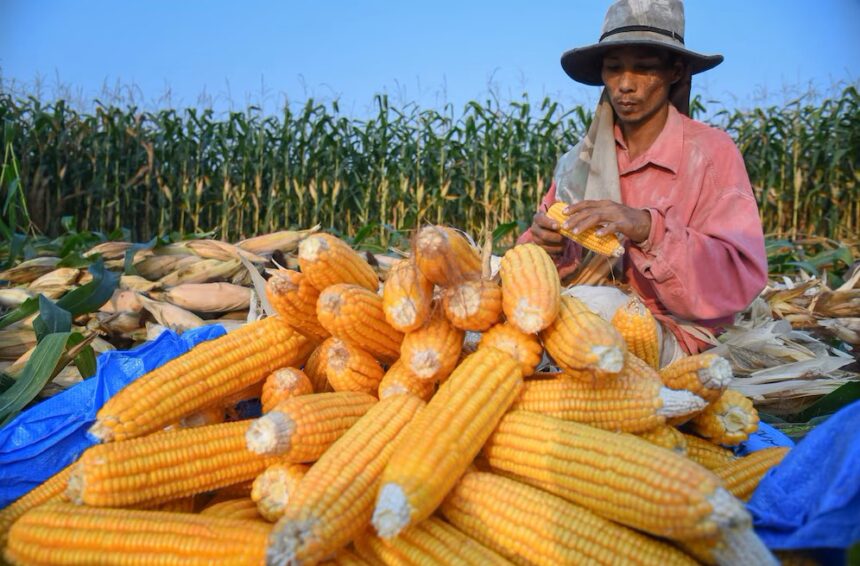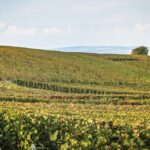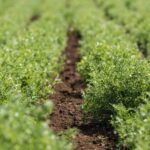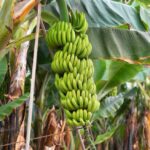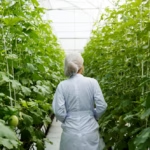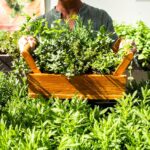Maize is a vital crop in South Africa, serving as both a staple food and an essential component of the agricultural economy. However, the cost of producing maize per hectare can vary significantly based on several factors, such as location, farming practices, and the scale of the operation. Understanding these costs is crucial for farmers looking to optimize their maize production and manage their budgets effectively.
Key Cost Components in Maize Production
- Seed Costs: The cost of maize seed can vary depending on the variety. Hybrid seeds tend to be more expensive but can offer higher yields. The choice between conventional or genetically modified seeds will also affect the price.
- Fertilization: Maize requires proper fertilization to grow efficiently. Fertilizer costs are influenced by the type of fertilizer used, the application rates, and the size of the field. Farmers must ensure they apply the right nutrients to maximize crop yield.
- Pesticides and Herbicides: To protect the crop from pests and weeds, maize farmers often need to invest in pesticides and herbicides. The cost here can fluctuate based on the frequency and type of treatments applied.
- Labour: Labour costs are another significant expense in maize farming. These costs vary depending on whether the farm is small-scale or large-scale, as well as the level of mechanization. For smaller farms, manual labour may be necessary, while larger operations may rely more on machinery.
- Irrigation and Water Management: In areas where rainfall is insufficient, irrigation becomes necessary. This adds to the cost of maize production, particularly in regions where water sources are limited or irrigation systems are complex.
- Machinery and Fuel: The use of machinery for land preparation, planting, and harvesting contributes to the overall cost. Additionally, fuel costs for operating tractors and other machinery can significantly impact the total expenses for maize production.
- Harvesting and Storage: After maize is harvested, it needs to be dried and stored. The costs associated with post-harvest management, including drying systems and storage facilities, can vary depending on the methods used and the infrastructure available.
Estimated Production Costs
The cost of maize production per hectare in South Africa generally ranges between R6,000 and R8,000. This estimate includes the cost of seed, fertilizer, pesticides, and basic labour. However, for more intensive farming systems, such as those involving irrigation or advanced technology, costs can exceed R10,000 per hectare.
Factors Influencing Cost Variations
- Geographic Location: The costs of producing maize can vary significantly by region. Areas such as the Free State and Mpumalanga, which are known for their large-scale maize production, may have different costs due to local conditions, infrastructure, and access to resources.
- Farming Practices: The choice of farming practices also impacts costs. Conventional farming methods may have different cost structures compared to organic or conservation agriculture. The use of modern farming technologies can also affect input costs.
- Market Prices: The price at which maize can be sold influences the overall profitability of maize production. Fluctuating market prices can make it harder to predict whether production costs will be covered, especially in years with lower yields or higher input prices.
- Climate Conditions: Climate plays a major role in maize farming. Droughts, excessive rainfall, and other extreme weather events can negatively impact yields and thus affect the overall cost-efficiency of maize production.
Understanding the cost of maize production per hectare is essential for farmers in South Africa to make informed decisions. By factoring in all the key expenses—such as seeds, fertilizer, labour, and irrigation—farmers can better plan for the financial demands of maize farming. Managing these costs effectively can help producers maximize yields and ensure the long-term sustainability of their operations.
Farmers should also keep in mind that the costs of maize production can vary based on their specific farming practices, location, and other external factors. By continuously monitoring input costs and adapting to changing conditions, South African maize farmers can position themselves for success in an evolving agricultural landscape.


